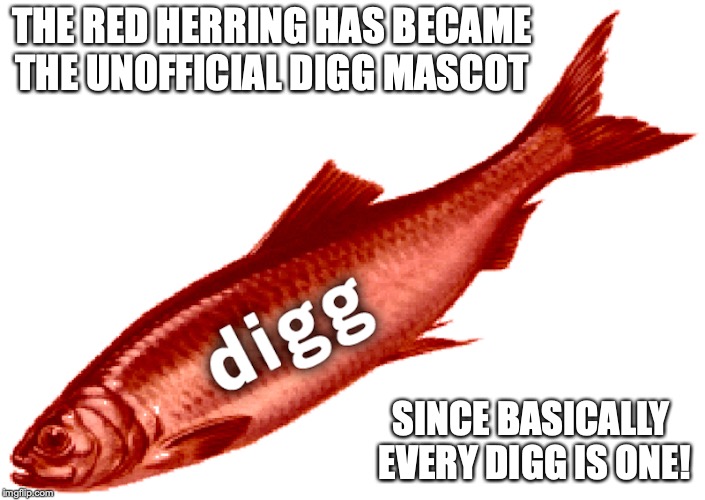
Snowden is clearly trying to be as effective as he can in spreading his message, given his conditions. Also it's probably not a good idea to antagonize the people holding you hostage, he's one hospital trip away from falling out a window. Do you think the same ethos applies to protesting genocide, or does protesting government with long jail sentences have some kind of honour to it?Ī lot of people, including establishment "experts" didn't think Russia was going to invade and called US estimations war-mongering. Suggesting choosing any other strategy is unethical, or going to jail is some kind of "fight", is nonsense. > MLK's Letter from Birmingham Jail was so powerful was because it was written from Birmingham Jail Martyrdom isn't a very convincing argument. You could very easily quote any number of murdered civil rights leaders. A WB is still effective even when anonymous - this was not "civil disobedience", nor "break a law that conscience tells him is unjust" in the same sense as civil rights issues. Protesting unjust laws and whistleblowing are different things. > breaking the law is an important part of civil disobedience

#Red herring fallacy 2016 skin#
It's easy to say what he did wrong with no skin in the game.Įveryone also said it was obvious J Depp was going to lose his second case against Amber on the basis that American courts are harder to win in that the British court he already lost in. Snowden lost complete control of the ethical high ground because he chose exile over fighting this issue head on. At least part of the reason MLK's Letter from Birmingham Jail was so powerful was because it was written from Birmingham Jail and not an apartment in Moscow. To quote MLK: "Any man who breaks a law that conscience tells him is unjust and willingly accepts the penalty by staying in jail to arouse the conscience of the community on the injustice of the law is at that moment expressing the very highest respect for the law." Snowden didn't "willingly accept the penalty" for his actions. I believe Snowden fleeing was unethical because facing the consequences of breaking the law is an important part of civil disobedience. However he fled the country which eliminated any chance of leniency. That suggests he would receive better treatment from politicians and the legal system. Snowden did a better job of limiting the scope to specific issues. Manning dumped a bunch of unrelated documents, many of them having little public value. Snowden was more targeted and has a much better case at being a true whistleblower. In this example, Person B was "Politician B" while Person A was "other politicians.Manning's "crime" was much more severe than Snowden initial "crime". "Yes, Politician B did do this-or-that immoral thing, but then again so do other politicians. For example, it is possible for someone who supports a certain Politician B, who recently did something wrong, to justify not changing their support to another politician by reasoning with themselves: The tu quoque technique can also appear outside of conversations. For example, Persons A and B might be governments such as those of the United States and the former Soviet Union, which is the situation that led to the term " whataboutism" with the " And you are lynching Negroes" argument. organizations, such as corporations, governments, or political parties) rather than individual people.

Person A and/or Person B are also allowed to be groups of individuals (e.g.


You didn't think it was wrong and neither is this." I remember when you once did the same thing.


 0 kommentar(er)
0 kommentar(er)
